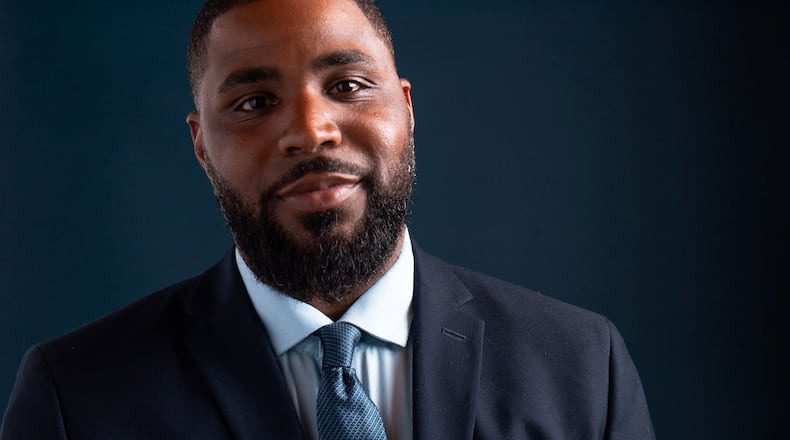Many Black Americans agree that there is an oppressive system that hinders our freedom and our ability to achieve the American Dream. However, there has never been a consensus regarding how we liberate ourselves. Leaders like Dr. Martin Luther King Jr., Malcolm X, James Baldwin, Fred Hampton, Fannie Lue Hamer, Angelia Davis, Marcus Garvey, Booker T. Washington and W.E.B Dubois had differing opinions on the best path forward for Black Americans. But, Post-Reconstruction, Black people didn’t have the opportunity to be elected officials and civic leaders until after the civil rights movement of the 1960s. Even with that newfound opportunity Black had people carved for themselves, Black Americans experienced increased poverty rates, decreases in educational attainment, and difficulty achieving home ownership. Still, we celebrate Black representation in leadership without much scrutiny of their beliefs, policies and positions.
Dayton has suffered decades at the hands of automation, globalization, redlining, mass incarceration, the “War on Drugs,” residential segregation and white flight. Consequentially, poverty rates increased and with that came crime and incivility. We need to find creative solutions that address the root causes within the existing system. As Black people who are members of a democracy, it is up to us to determine if the people we elect and hire can balance our interests and diversity in a way that doesn’t repeat a tragic history. Black Americans have a rich history of deliberation and debate that we can be proud of. As we choose our leaders, we should consider the radical views of Angela Davis as much as the pragmatism of Booker T. Washington.
As election season approaches, get to know the people running for office. When I ran for city commission in 2021, I challenged myself to create a platform that included the wisdom of James Baldwin, the economic models of Fannie Lou Hamer, the courage of Malcolm X, the compassion of Dr. King and the politics of Fred Hampton. I endeavored to be a small thread in a rich tapestry of Black history. I encourage us all to ask the next set of candidates about their heroes, what inspires them, and what kind of future they imagine for us.
As a Black American who is often underrepresented, it is heartening to see people in leadership that look like me, but I want to explore our leaders beyond their surface and examine if they have the hearts and minds that can build on our history to improve our future.
Jared Grandy is a writer and organizer. He is the former Community-Police Relations Coordinator for the City of Dayton.
About the Author
